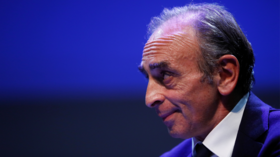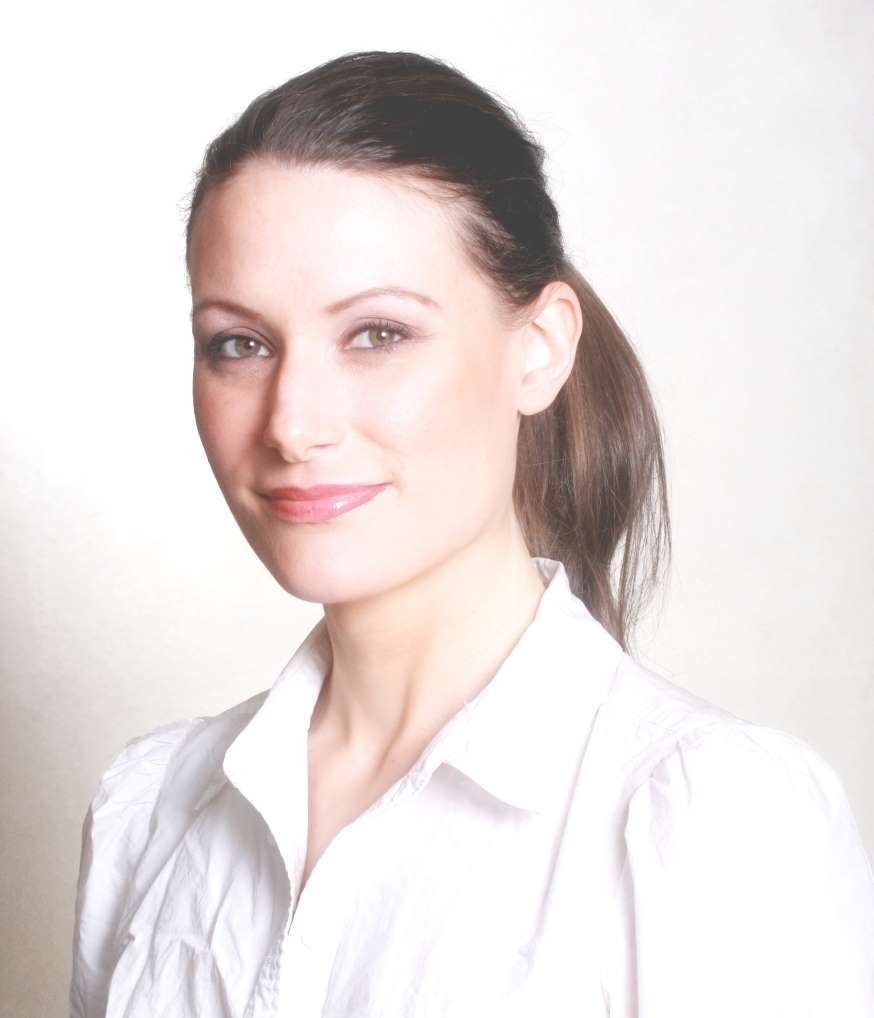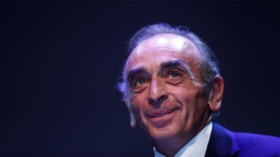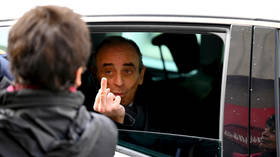Eric Zemmour is my friend. I know he truly loves France

As someone who has known the French presidential candidate and longtime editorialist since 2009, allow me to attempt to explain who Eric Zemmour really is.
Not long after arriving in France, over a dozen years ago, I was trying to get my bearings within the French media scene. After a stint co-hosting a nightly talk-show on Fox News at the network’s New York headquarters, I crash landed onto nationwide French television – almost literally. The day after arriving in Paris for the very first time in my life, for what I thought would just be a three-week vacation between media contracts in the US, I found myself debating French and international politics with the country’s top media figures on the morning political talk show of a public broadcaster. Before that, I knew about two people in France – one of whom introduced me to the program’s host. And that’s how things work in France. Paris, as they say, really is a village.
My reason for choosing Paris as a vacation destination was political. From my bubble inside Fox News headquarters, I had spent the better part of a year struggling to figure out how the French could elect someone like then-President Nicolas Sarkozy. He seemed to be everything that the French weren’t – at least through the limited prism from which I was viewing French society as it filtered from French establishment media into American establishment media. The prevailing notion was that the French had elected a sort of French cowboy, to the point of nicknaming him ‘Sarko the American’. He liked sweaty jogs, blunt talk, and didn’t shy away from publicly telling off those who irritated him – particularly on the left.
It was a far cry from the image that I had of French presidents when Jacques Chirac stood up to George W. Bush in refusing to support US intervention to remove Iraqi leader Saddam Hussein. Having been based in Washington as a director of a think tank close to the Bush administration in the run-up to that war, I was left with the impression that France was rife with leftists and Chirac was among them.
One of the first things I discovered in France was that Chirac was, in fact, on the political right. And not just in name only. It’s a fact that made me realize that the French ‘right’ wasn’t comparable in any way, shape, or form to the American right that I knew so well. Unable to reconcile Sarkozy and Chirac being in the same ideological camp, my entire concept of the political spectrum was upended in Paris.
So I sought out like-minded folks in my profession who could help me gain a better understanding. One such person was Eric Zemmour, known widely at the time as the right-wing editorialist and commentator at the right-leaning Le Figaro newspaper.
So I emailed Zemmour in 2009. I pointed out that I was a Republican strategist who had been debating all over French TV (I had become a sort of novelty here since my arrival – a Washington right-wing strategist and former Fox News host who spoke fluent French) and that we had common contacts in the media world whom I had met since my arrival.
“I don’t know what a Republican strategist is, but I would love to have coffee with you next to Le Figaro. When could you come see me? Yours sincerely. Eric,” he wrote back.
I soon understood that even ‘Republican’ has a different meaning in France than it does in America. And saying that I was a ‘right-wing’ strategist would have hardly been more helpful, since American proponents of free markets and limited government are of the ‘droite libérale’ (or liberal-right) here in France. The French ‘right’ or ‘conservative right’ is more like the American ‘far-right’. So already the miscommunication was beginning between myself and someone whom I thought was a like-minded ideological frère d’armes.
When we met up for coffee that first time, two things struck me both initially and lastingly. First, Zemmour is warm and friendly. He smiles a lot. He has an easy laugh. He’s charming, easygoing, and humble. He’s exactly the kind of guy with whom you’d want to have a beer and hang out – incidentally, one of the ultimate tests of a politician’s likability.
Secondly, I was unable to ignore the fact that I was sitting across from a person who oozes historical knowledge. That day, our conversation covered the spectrum from common acquaintances and media colleagues, to the differences between French and American politics. Zemmour was able to explain in intricate historical detail the reasons for the discrepancies that I noticed between the two societies.
So it was hardly a surprise when Zemmour opened his presidential campaign launch video this week on a shot of himself sitting behind a microphone and addressing his compatriots directly. It took a fraction of a second to conclude that he was evoking former President and General Charles de Gaulle’s famous ‘Appeal of 18 June’ from London following the fall of France in 1940.
Zemmour’s clear implication is that France has fallen – culturally, socially, economically, industrially. All due to failed leadership and an inability to place the interests of the French people above those of a forced globalization agenda.
After our first coffee, it was always “with pleasure” that Zemmour agreed to meet again. He was always open and quick with advice and support on everything from politics to the locals, including Frenchmen.
“In short, he wanted to jump you, which does not surprise me,” Zemmour once advised me when a common acquaintance had used a turn of phrase that I didn’t understand and which I ran by him. “And it proves that he has good taste.”
Once, when I sent him a note asking if we could ‘do coffee’, he replied that you don’t ‘do’ a coffee, you ‘take’ a coffee… ‘like a woman’. I laughed out loud and jokingly accused my pal of flirting with me. He replied that, in fact, it was me flirting with him. I told him that North American women aren’t that subtle and that I definitely was not flirting with him. His subsequent comment on this “misunderstanding” says all that one really needs to know about Zemmour and our friendship.
“Truth below the Pyrenees, error beyond. (Pascal)”
The famous quote by French writer and philosopher Blaise Pascal suggests that perceptions of truth can differ significantly – particularly between people of different cultural backgrounds and lived experiences, like myself and Zemmour.
I’ve never forgotten that phrase or his utterance of it, which seems so critical in this day and age where one could argue that most of the world’s problems are caused by misunderstanding and miscommunication of interests, lived experiences and history between parties – whether countries, individuals, or ideologies.
There is no doubt that Zemmour is guided by a very clear vision of France and who her enemies are. But the one thing I hope that he keeps in mind from our personal interactions is that the identity of our enemies is sometimes much more subtle than we give it credit for, and doesn’t always show up on our doorstep with a pitchfork, horns, and a tail. It’s the much more discreet Trojan Horse of elite globalist interests that seek to divide, exploit, and subdue society that are our ultimate foes. I truly hope Zemmour can drag them to the forefront of his presidential campaign ahead of the first round of presidential voting on April 10, 2022. And if he can succeed in explaining those enemies and their actions to the French people, it would set him up as the ultimate contender against globalist French President Emmanuel Macron.
The statements, views and opinions expressed in this column are solely those of the author and do not necessarily represent those of RT.

















